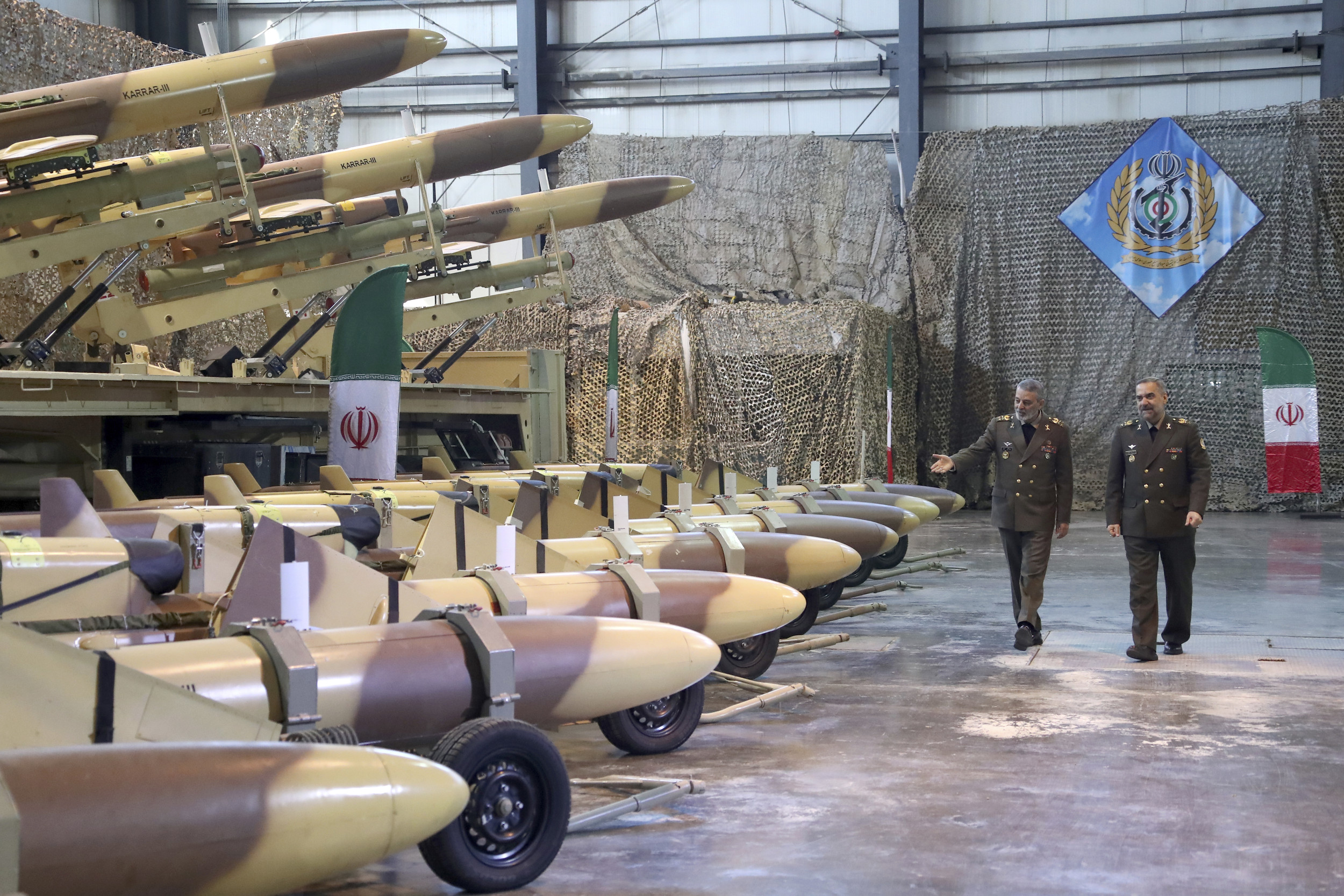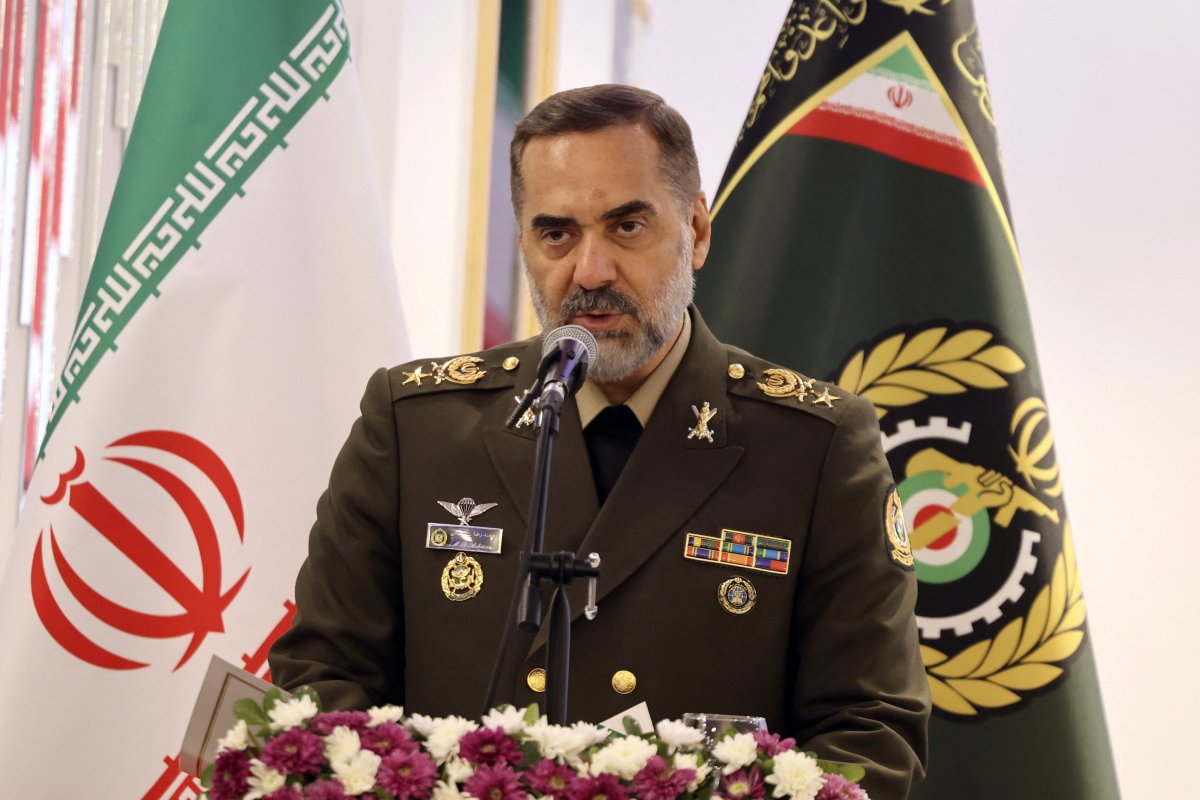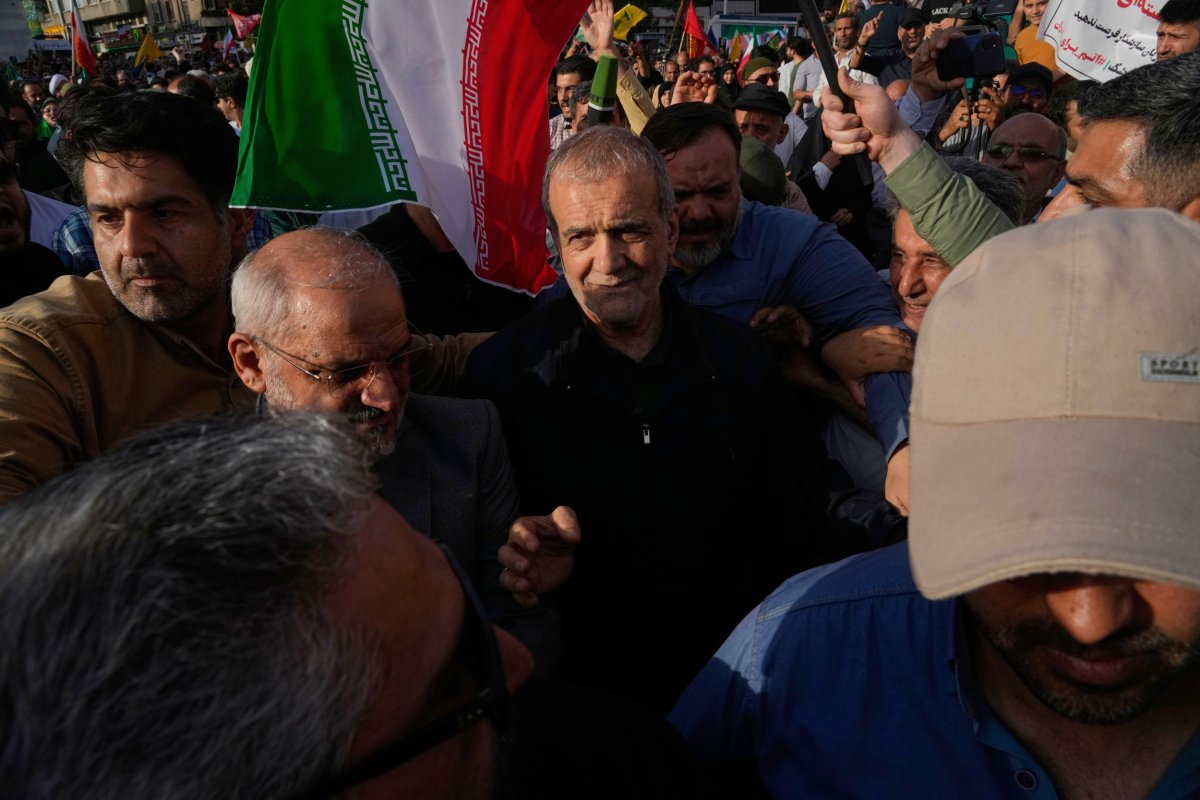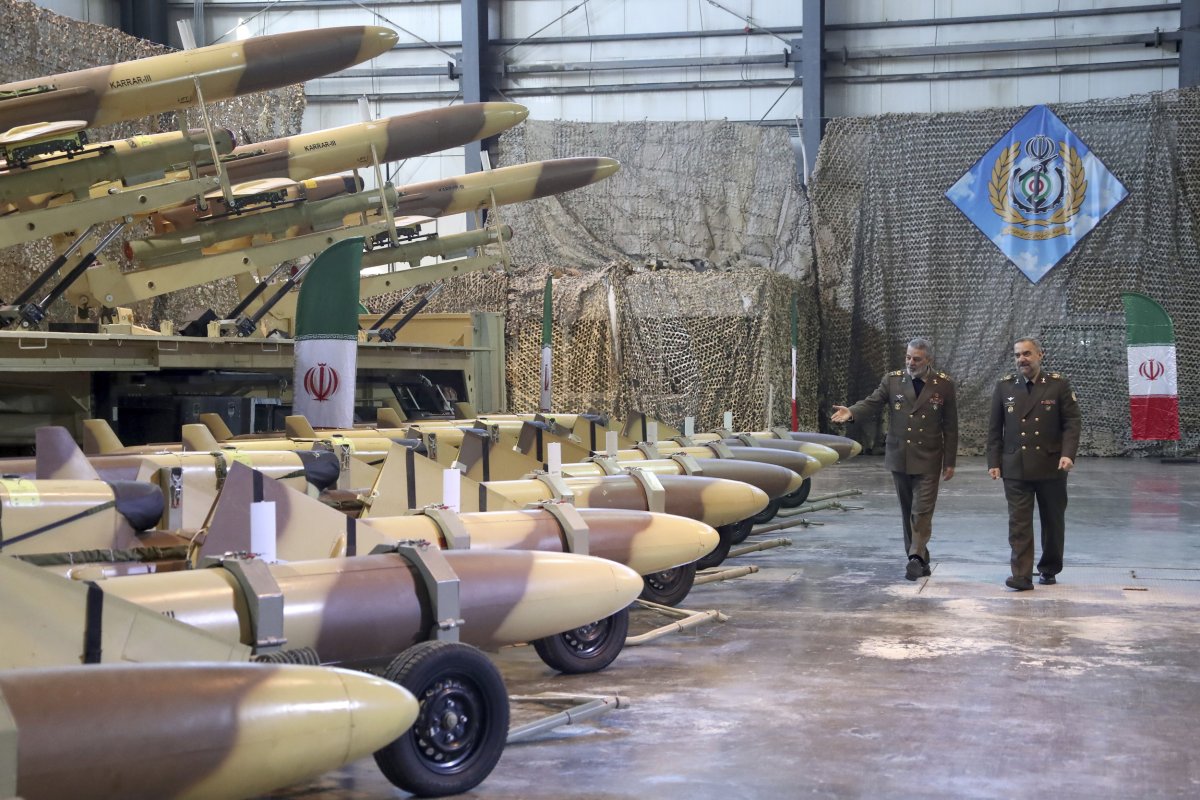
Iran says it could sustain a war for up to a decade, as the country moves to formalize plans for a major military expansion following its 12-day clash with Israel and the United States last month. “We have enough supplies to wage war for 10 years if necessary,” said Brigadier General Mohammad Reza Ashtiani, Iran’s Deputy Chief of Staff.
The comments come as Iranian lawmakers approved the general outlines of a bill aimed at expanding military readiness and increasing defense funding in response to threats from Israel.
Newsweek has reached out to the State Department and Iran’s foreign ministry for comment.
Why It Matters
The convergence of military rhetoric and legislative action highlights Tehran’s evolving security doctrine after one of the most intense military confrontations in the region’s recent history. With Israel and the U.S. targeting Iranian infrastructure, and Iran launching its largest-ever missile and drone salvo, the post-conflict period has become a platform for Iran to assert strategic endurance and rally political momentum for defense expansion.

Getty Images/Atta Kenare
What to Know
Speaking to state TV, Ashtiani said Iran had emerged from the June conflict with minimal equipment losses. He said that morale—not just firepower—will define future conflicts, arguing that Iran’s adversaries lack the will to fight.
Ashtiani described Iranian forces as experienced, well-equipped, and psychologically prepared for prolonged confrontation. “What truly matters is morale. They say morale is three-fourths of the fight. Our armed forces are experienced, well-trained, equipped with modern systems, and maintain high morale,” he said. “They may have equipment, but they don’t have the will.”
Military Expansion Bill
On Sunday, Iran’s National Security and Foreign Policy Committee approved the outline of a draft bill to strengthen the armed forces in response to Israeli threats. The bill is now under review by the committee’s defense subcommittee. The measure follows a 200 percent defense budget increase announced in October 2024, raising next year’s spending estimate to $46 billion.
President Injured in Strikes
Meanwhile, Iran’s Fars news agency reported that Iranian President Masoud Pezeshkian was injured during an Israeli attack on a secret underground facility in Tehran on June 16. According to Fars, six bombs struck all access points and the ventilation system, cutting power and trapping those inside. Pezeshkian sustained leg injuries while escaping through an emergency shaft. The report remains unverified, and Israel has not commented.
In a recent interview with Tucker Carlson, a prominent political commentator, Pezeshkian claimed that Israel tried to assassinate him during its 12-day war with Iran.

Vahid Salemi/AP Photo
What People Are Saying
Iran’s Brigadier General Mohammad Reza Ashtiani: “We have enough supplies to wage war for ten years if necessary. They may have equipment, but they don’t have the will.”
Iran’s National Security and Foreign Policy Committee spokesperson: “The general outlines of the bill to strengthen the armed forces…were approved.”
What Happens Next
Iran’s military draft bill now moves into its review phase, with final revisions expected before a full parliamentary vote. If passed, it will codify a significant shift in Iran’s defense posture, combining post-conflict momentum with a record military budget and formalized institutional backing.

Iranian Defense Ministry/AP Photo




